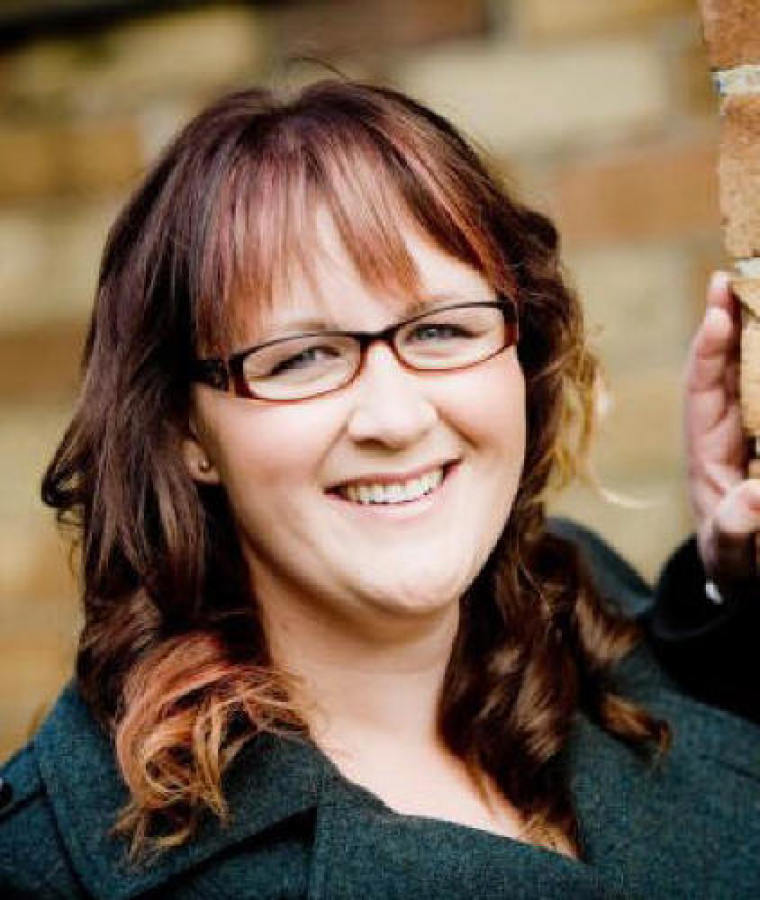
It was reflecting on her story that I discovered the answer to James' question is yes, no and sometimes.
The quieter voices
In our obsession with youth, we ought to listen more the stories of the truly old. I mean no disrespect but age is the best term. It seems those older, quieter voices... the returned missionaries, retired nuns.. those who have witnessed so closely the suffering of humanity and experienced a present God seem to have grasped something in choosing to accept the paradox. They are fully reconciled to God, knowable and unknowable as he is.
She had such delightfully liberal praxis in regard to the reality of human and faithful life. She decried and mourned the tragedies of sexual abuse in Christian institutions but also expressed empathy and concern for the priests who had struggled to maintain vows of celibacy. She advocates choice… and then said, "Of course, the Church doesn't agree yet, but sometimes we go out in front a little way ahead, and we are allowed to." She recognises that the authority and power of her faith comes from outside the institution.
Her garden
She talked about her garden. When she retired from active service, if you will, she was asked what she would like to do. Gardening and taking care of the outside grounds was her choice. She talked about building hedges to protect from the southerlies. Then we saw pictures of a community garden. Her philosophy was simple.. though she started it, she doesn't run it. She pays her $10 fee and pays special attention to the compost, because she's 'mad about compost'.
Her theology of gardening was simple and beautiful. We, who began in a garden, can find something uniquely spiritual in the act of tending a garden, growing and nurturing food. Our hands, down deep in the soil, could transcend human experience to touching something of the Creator in each of us. Transcending denominations, institutional religion or no religion at all, the act of gardening is one of the oldest tasks we know. As she alluded, there's something in that for everyone. It's the Imago Dei she's talking about of course, that part of us that is the Creator sensing the Creator in the earth around us.
The soil
When I thought about my seasons working for churches and church organisations, one of the recurring themes is soil. That the times I loved it most and thrived, were the times I had permission to nurture and tend the soil. Where there was opportunity to grow something, to create something.
Most plants are small. They are seasonal. They have colour and flavour. Some are just for the fragrance they give to the garden. Each are distinct. Some keep the bugs away, some attract the bugs. Everything nurtures and enriches the experience of the garden. Even the feces and decay brings richer nutrients into the soil.
So, I desire to minister more like a gardener. Prune a little, shape a little, plant a little, take a little. Stopping and smelling the roses.